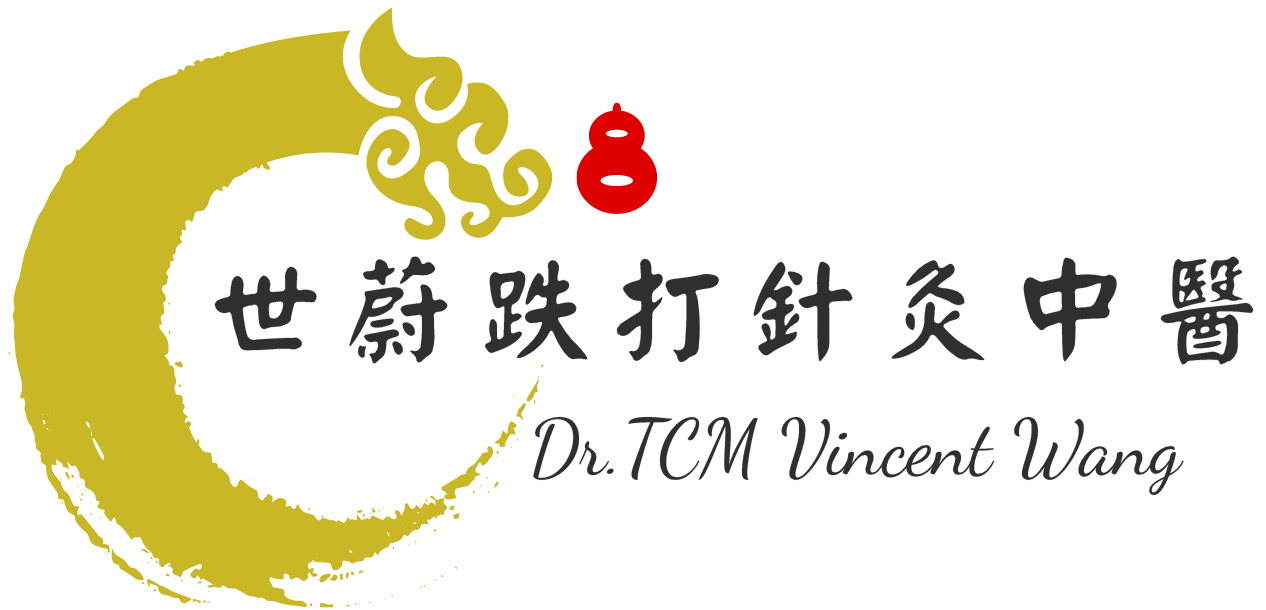針灸治療失眠
Insomnia, characterized by difficulty falling or staying asleep, affects millions of people worldwide. Traditional Chinese Medicine (TCM) offers a holistic approach to managing this condition through acupuncture. This ancient practice involves inserting fine needles into specific points on the body to balance energy flow, known as Qi, and promote overall health. In this article, we will explore how body acupuncture, auricular acupuncture (ear acupuncture), and scalp acupuncture can be used to treat insomnia effectively.
Body Acupuncture Points for Insomnia
Body acupuncture targets specific points along the body’s meridians to alleviate insomnia. Here are some key points commonly used:
Baihui (GV20)百會
- Location: At the top of the head, in the middle of the vertex.
- Benefits: Calms the mind and improves mental clarity, making it effective for sleep disorders and stress relief.
Yintang (EX-HN3)印堂
- Location: Between the eyebrows, also known as the “third eye.”
- Benefits: Calms the mind, relieves anxiety, and promotes relaxation, aiding in the treatment of insomnia.
Sanyinjiao (SP6)三陰交
- Location: On the inner leg, about three finger widths above the medial malleolus (ankle bone).
- Benefits: Harmonizes the liver, spleen, and kidney meridians, helping to regulate sleep and alleviate insomnia.
Neiguan (PC6)內關
- Location: On the inner forearm, about three finger widths from the wrist crease.
- Benefits: Calms the mind and heart, reduces anxiety, and helps improve sleep quality.
Shenmen (HT7)神門
- Location: On the wrist crease, in line with the little finger.
- Benefits: Known as the “Spirit Gate,” this point is excellent for calming the mind and treating insomnia.
Auricular Acupuncture Points for Insomnia
Auricular acupuncture involves stimulating points on the ear that correspond to various body parts and systems. For insomnia, the following points are beneficial:
Shenmen (TF4)神門
- Location: In the triangular fossa of the ear.
- Benefits: Calms the mind, reduces stress, and promotes relaxation.
Heart (CO15) 心
- Location: In the concha of the ear.
- Benefits: Balances the heart’s energy, which is crucial for emotional stability and restful sleep.
Kidney (CO10)腎
- Location: In the lower concha of the ear.
- Benefits: Strengthens kidney function, which is vital for overall vitality and sleep regulation.
Sympathetic (AH6a)交感神經
- Location: At the junction of the inferior and superior antihelix crus.
- Benefits: Regulates the autonomic nervous system, reducing stress and promoting sleep.
Scalp Acupuncture Points for Insomnia
Scalp acupuncture involves inserting needles into specific areas of the scalp that correspond to different body regions and functions. For insomnia, the following areas are targeted:
Middle Line of Forehead 額中線
- Location: Along the midline of the forehead.
- Benefits: Calms the mind and treats insomnia by affecting the central nervous system.
Vertex Area
- Location: Around the Baihui (GV20) point.
- Benefits: Balances brain function and promotes mental relaxation.
Temporal Region
- Location: Above the ear, extending from the temple to the parietal area.
- Benefits: Calms the mind and alleviates anxiety, aiding in sleep.
Benefits of Acupuncture for Insomnia
Research and clinical practice have demonstrated several benefits of using acupuncture for insomnia:
- Non-Pharmacological Treatment: Acupuncture offers a natural alternative to medications, avoiding potential side effects.
- Holistic Approach: It addresses underlying imbalances in the body, promoting overall health.
- Stress Reduction: Acupuncture effectively reduces stress and anxiety, common contributors to insomnia.
- Improved Sleep Quality: Many patients report better sleep quality and duration after acupuncture treatments.
Conclusion
Acupuncture is a powerful tool in the fight against insomnia, offering a natural, holistic approach to improving sleep quality. By targeting specific points on the body, ear, and scalp, acupuncture helps balance the body’s energy, reduce stress, and promote relaxation. If you struggle with insomnia, consider consulting a qualified acupuncturist to explore this effective treatment option.
For more information on acupuncture and its benefits for insomnia, visit National Center for Complementary and Integrative Health and World Health Organization.
